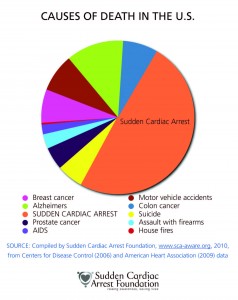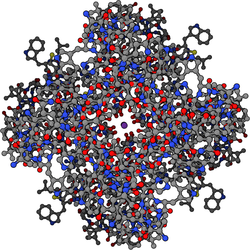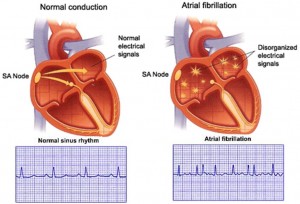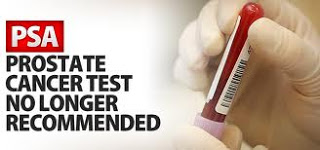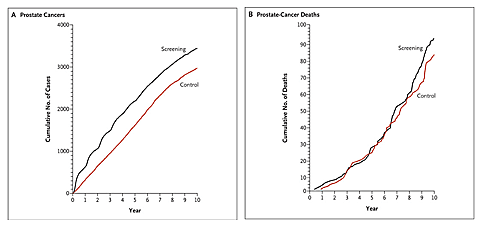Anyone wondered why we sometimes do things for the good of others? Like why we help our friends move? This interesting phenomenon called altruism is not restricted to humans. Animals would put its life at risk and sometimes be killed for the good of others. For instance, bee would sacrifice its life and protect the hive by stinging intruders. A vampire bat would burp its blood into another who would have starved to death.
The evolutionary basis for the altruistic behavior in animals has been studied for a long time and given considerable attentions by many researchers. The theory of natural selection insists on the survival of the fittest, but altruistic behavior of animals, which involves the sacrifice of one for the good of another, contradicts with it. Charles Darwin thought that altruism was potentially one of the biggest flaws of his theory of natural selection since natural selection couldn’t possibly favor a behavior that makes animals less likely to survive.

Charles Darwin realized that worker bees help their relatives, especially the queen, so natural selection might favor altruism within related group. Even though evolutionary pressure tend to produce selfish behavior, he found that there are notable exceptions of the relation between parents and offspring.
In 1964, a British scientist called William Hamilton came up with an idea called “inclusive fitness.” Expanding Darwin’s definition of fitness, which is the number of offspring, Hamilton included the number of offspring of other relatives to the definition of fitness. So, his equation for “inclusive fitness” has genetic relatedness as a variable. He explains that altruism is a trait that has evolved as there are cases that the genetic relatedness times the benefit of the action is greater than the cost of the individual. This behavior that one sacrifices itself for the good of its relatives is hereditary. In other words, genes that are responsible for the altruistic behavior could have evolved and inherited whenever the benefit of such behavior exceeded whatever cost it had for the individual, making it worthwhile.
Ant colonies can be another great example of altruism within related group. Ants share three-quarters of their genes, meaning that the genetic relatedness between them is relatively high. The shared genes between ants lead to the exceptionally large genetic stake in the survival of the colony. Ants have virtually no personal lives. Everything they do they do for the good of the colony.
However, there are animals that help others that they are not even related to, and Hamilton’s idea does not explain this. We humans are deeply social animals and exceptionally altruistic. Sharing and cooperating are very mentally taxing behaviors. It is generally accepted by scientists that humans evolved their exceptional intelligence and brain in response to the overwhelming benefits of engaging in selfless behavior.

Vampire_Cooperation (Image from http://bio3520.nicerweb.com/Locked/chap/ch09/9_13-vampire_cooperation.jpg)
An interesting perspective is that, if we think about it, we can see how we evolved to be altruistic for more of self-serving reasons. For example, helping a friend move is tiresome and takes a lot of time and energy. But you do it, because you can expect that friend to help you out when you are in need later. It applies to the bats that regurgitate blood to their neighbors too. Burping some blood into your neighbor will ensure that someday if you don’t get something to eat, somebody will come and vomit blood into your mouth. They will expect the same from you and so on.
Hamilton’s equation does not explain that behavior and there hasn’t been sufficient evidence to prove why animals help others who are not even related to them. However, it is certainly interesting to look at and it provides insights upon social interactions in everyday life.



